Never again pen and paper? A glimpse into the learning world of Gen Z
We are talking about Digital Natives, a generation that has grown up with digital technology, one that recognizes the nostalgic sound of dial-up internet from old movies and associates faxes only with clowns. At the last EdTech Summit, we wanted to hear their voices to understand how they envision digital education.
In this article, we have a comprehensive follow-up with four students (aged 15 to 17) from BORG Radstadt, who not only provide us with insights into their learning habits but also share their wishes and concerns about digital teaching. And one thing can be revealed in advance – for anyone who thinks that pen and paper have no place in the world of youth, they will be pleasantly surprised as they continue reading… Let’s introduce Gloria, Elias, Irina, and Tobias!
How do you use digital tools for learning at your school?
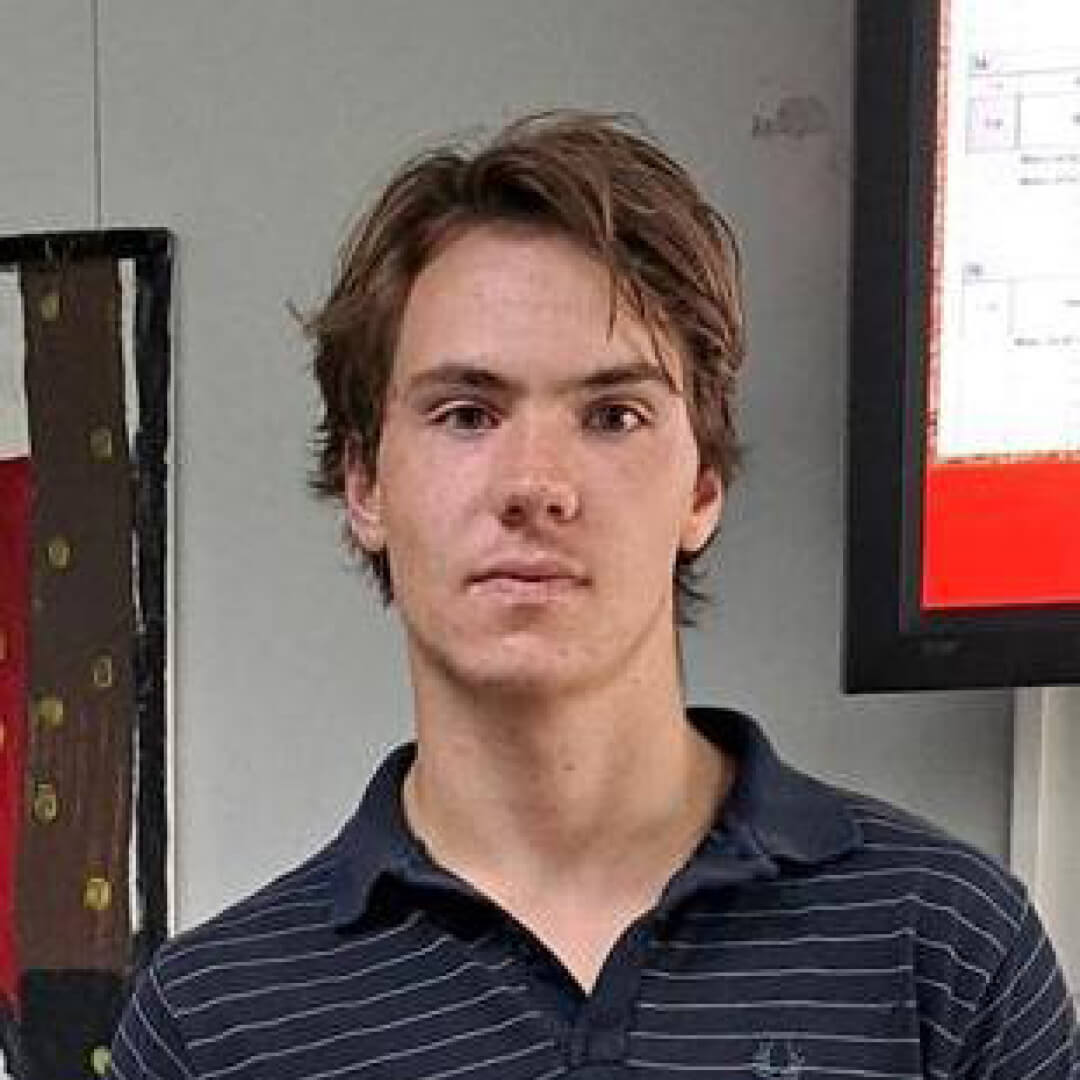
Elias: Smartphones are used as research tools. Computers and laptops are also effective writing tools. PowerPoint presentations are required in almost every subject at school at least once a year and are widely used by teachers in various subjects.
Gloria: In bioinformatics, for example, when we measure data such as the blood pressure and pulse of classmates or examine the growth of mealworm larvae and bacteria, we do calculations and create charts. We work with Word, Excel, and PowerPoint.
How do you generally prefer to learn?
Tobias: I am very grateful that I have access to almost all digital learning methods through school. Tools like Teams make organization easier for me. Calculators, Geogebra, or programming apps like Notepad++ facilitate learning. Geogebra, for example, taught me exciting mathematical concepts through a bit of experimentation. However, I write most of my notes on paper and organize them in folders. I remember information better when I write it down. I also like to refer to books. YouTube is one of my favorite tools among all. It’s quick, easy, uncomplicated, multilingual, and incredibly versatile. That’s how I’m learning currently, and I can’t think of a better alternative.

Irina: I prefer learning with PowerPoint at school because it helps me understand the topic better and has a structured format. At home, I also prefer learning with PowerPoints or printed materials because it’s already summarized and easier for me to remember.
Elias: With pen and paper, books, the internet, and subject matter experts as research sources – like my teachers, for example. The reason other people are important for learning is simply to avoid errors. Therefore, I always try to discuss what I’ve learned with different people.
How do you think learning will look in the future?
Gloria: I believe that more technology and digitization will definitely enter schools, and in the future, everything will be simplified with the help of digital tools. Artificial intelligence and ChatGPT will become more integrated into our education. It won’t be long before we can only take exams and tests digitally.
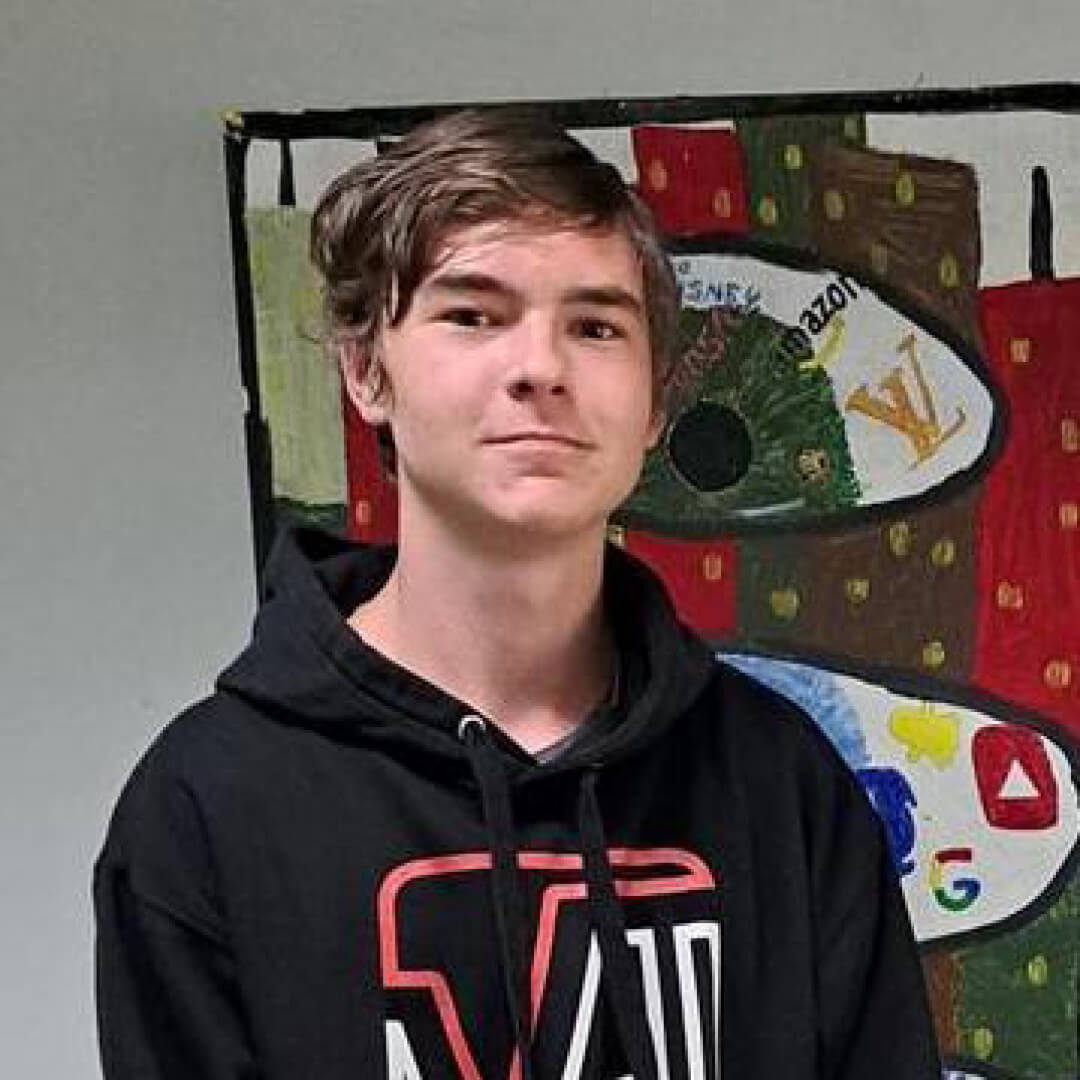
Tobias: The idea of a world where everyone has a chip in their head that gives them all knowledge effortlessly constantly crosses my mind. This can be taken so far that people can perform movements they’ve never practiced before. I hope something like that never happens because as soon as a person can do that, they cease to be human to me. That’s why I hope for enough wisdom in dealing with this kind of “future” technology.
What are your hopes and fears regarding this?
Gloria: I hope that digitalization doesn’t eventually take over. I don’t want more and more technologies to be used until our social system “breaks down,” so to speak. My concern is that my children might not learn to write with pen and paper anymore but instead use a computer keyboard and mouse for everything, just sitting next to each other silently communicating only through their phones.
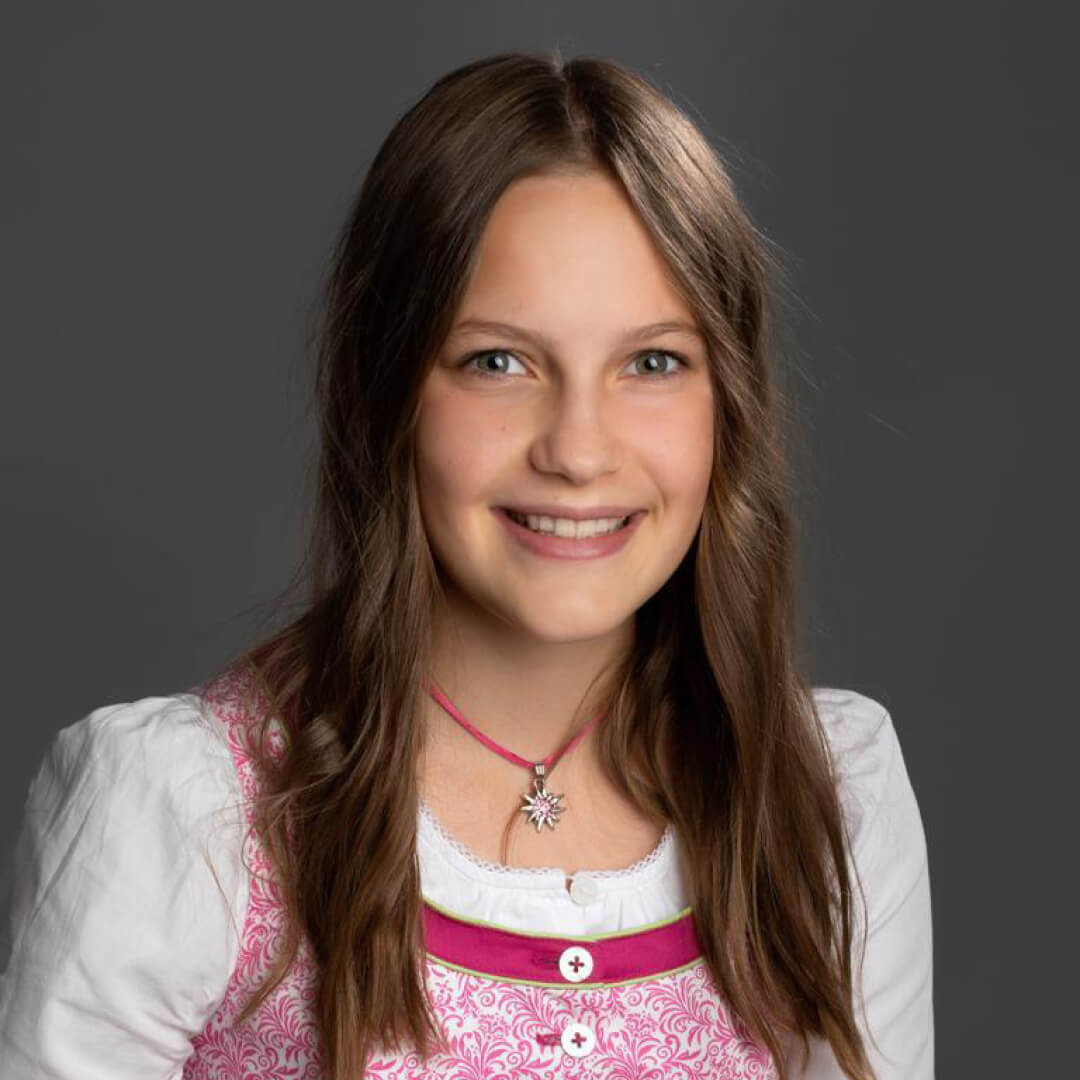
Irina: I hope we don’t completely transition to the digital world and that we still write with a pen on paper in school. My fears also include the possibility that children won’t know what paper or a pen is or how to use them. Too much reliance on digital learning materials in schools might lead to children spending their entire day in front of a screen.
Elias: I fear that there might be an attempt to accelerate the learning process through digitization, such as through learning software. Learning should be made more qualitative, not faster. Quality learning requires a tactile aspect, interpersonal contacts, and, above all, time. It happens slowly. Therefore, digitization must also be critically examined.
We would like to express our heartfelt thanks to teacher Karin Schaffer and the students Elias Schenk, Irina Reiter, Gloria Kirchgasser, and Tobias Erlbacher from BORG Radstadt for providing us with these fascinating insights and their engagement!
More articles
The following articles might also interest you.
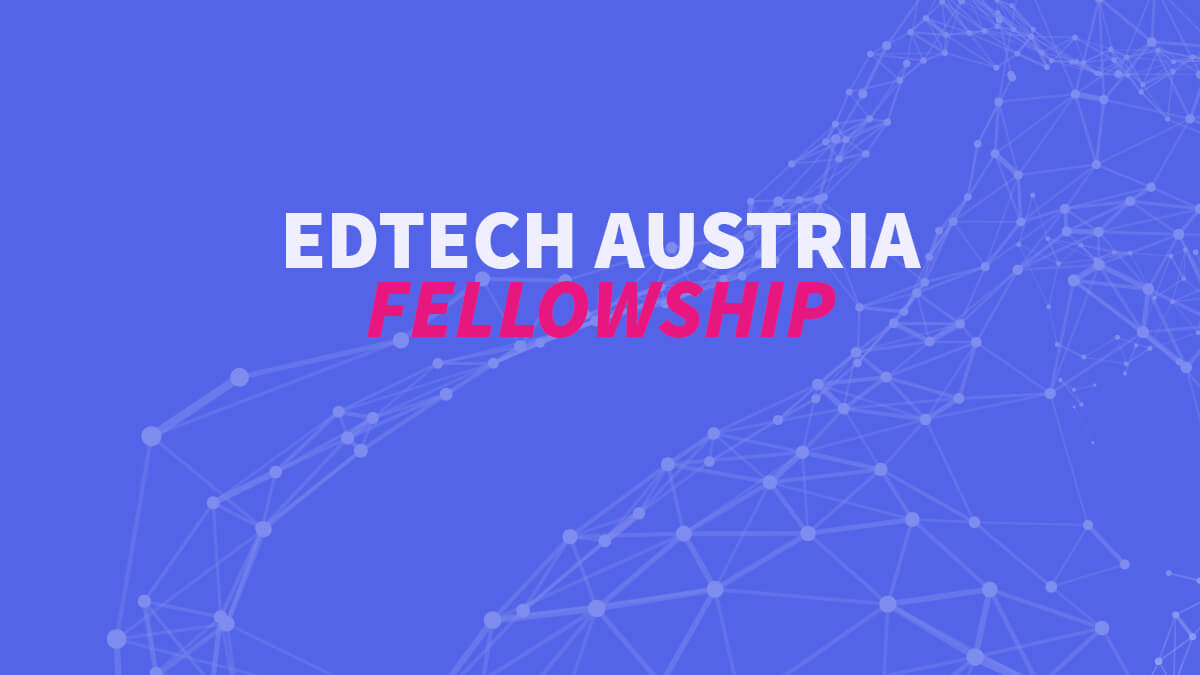
EdTech Austria Fellowship
24. October 2024
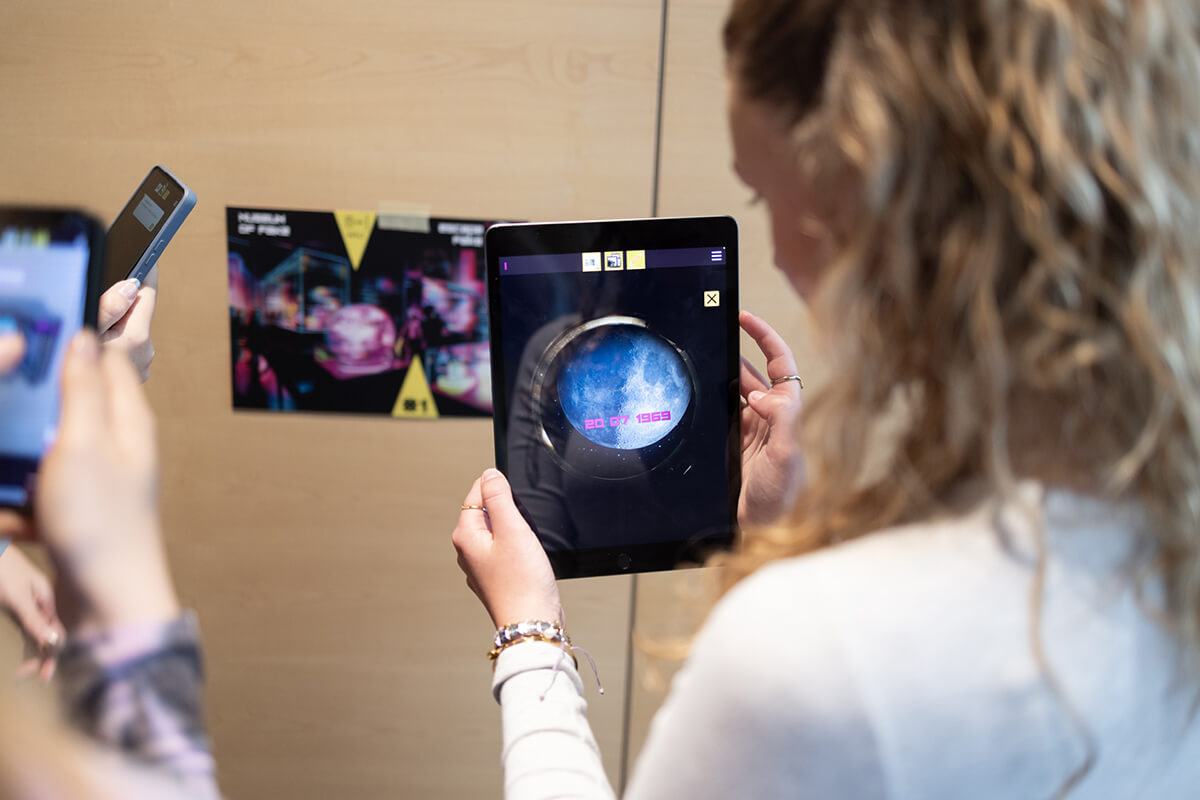
AR, VR and XR: Shaping Learning through Virtual Worlds
30. June 2025
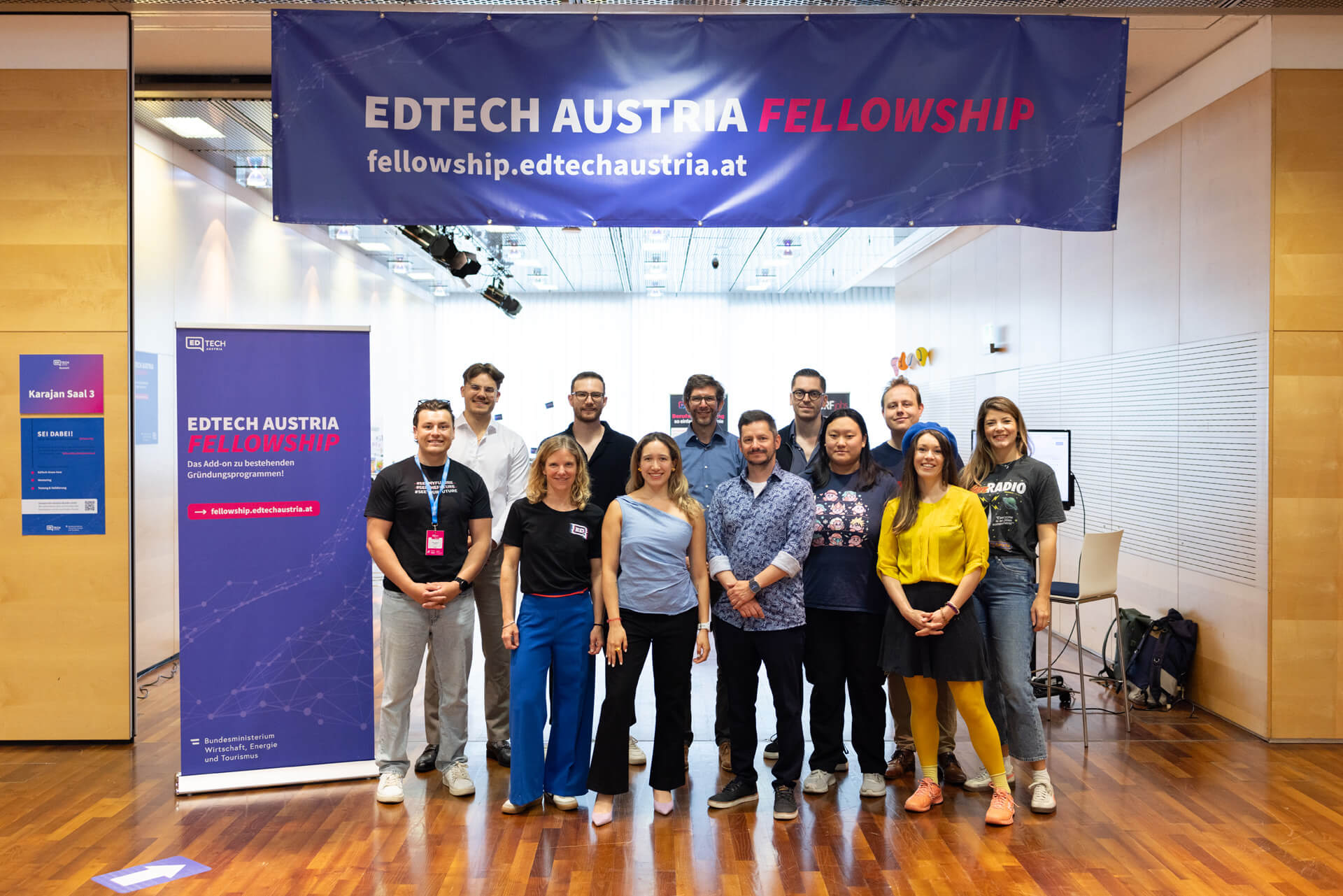
EdTech for all, all for EdTech – shaping the world of education together
18. June 2025
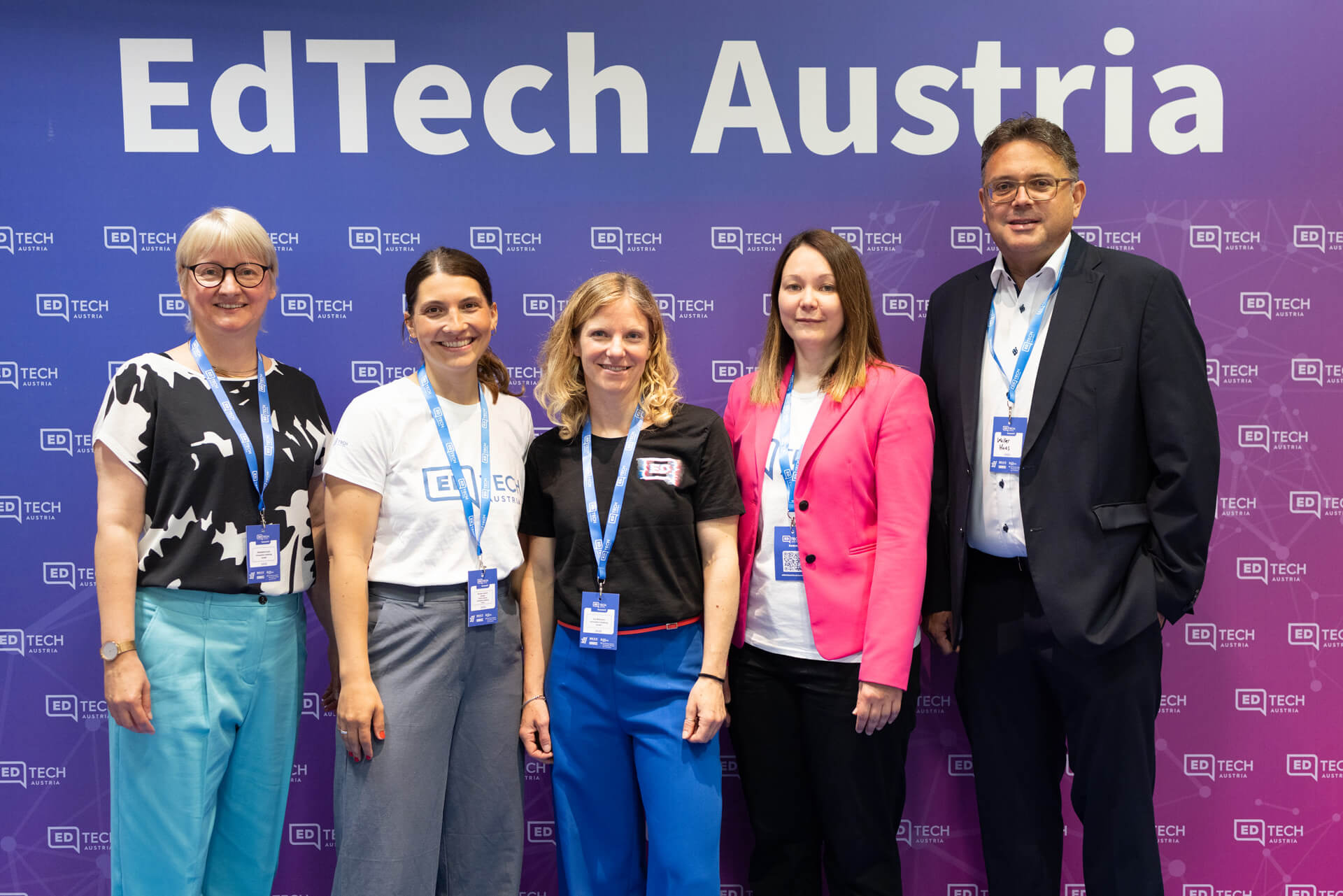
Real-World Practice Meets Innovation: The Fourth EdTech Austria Summit
3. June 2025
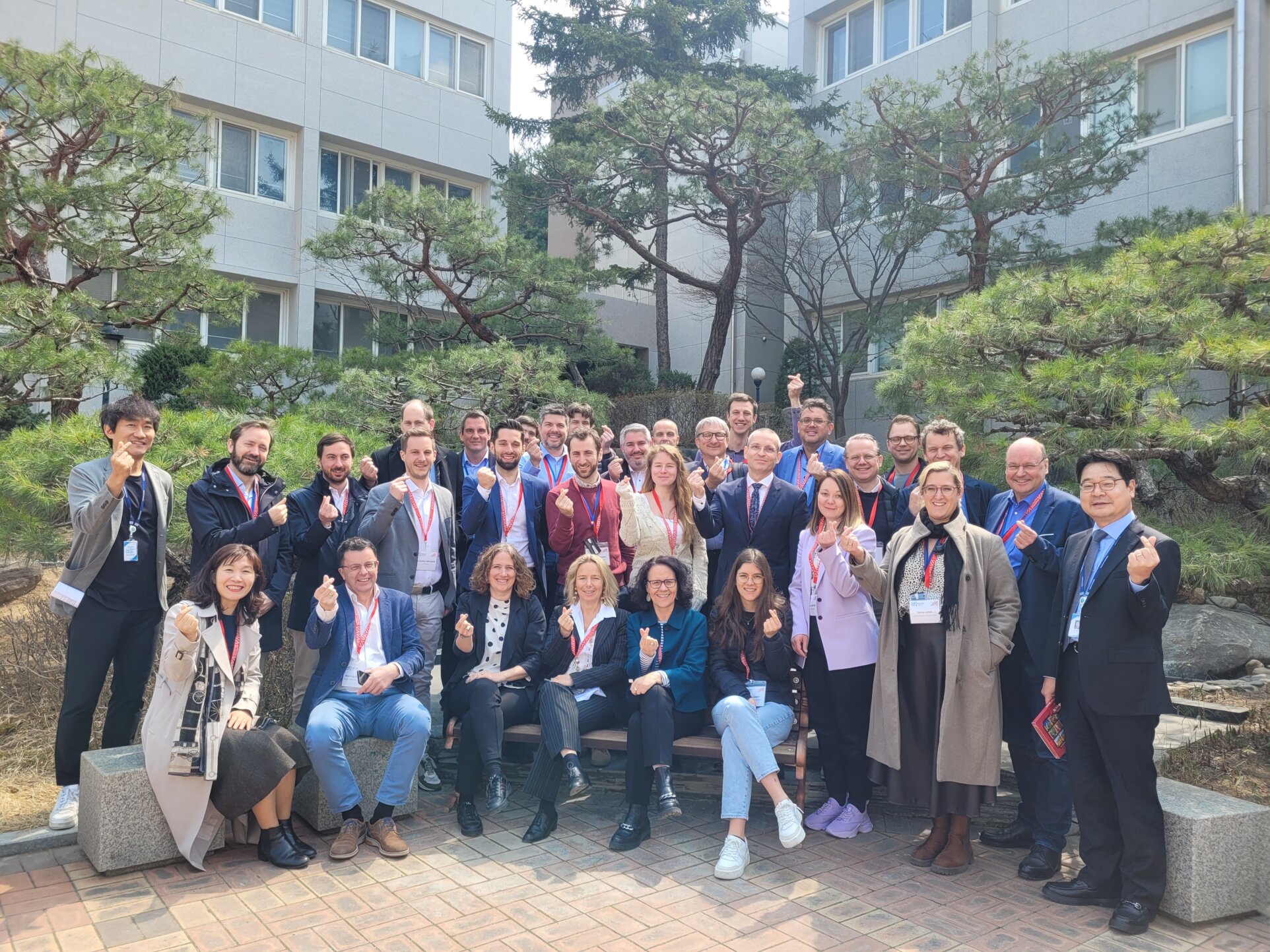
South Korea: How technology, culture and the courage to innovate are shaping education
30. April 2025
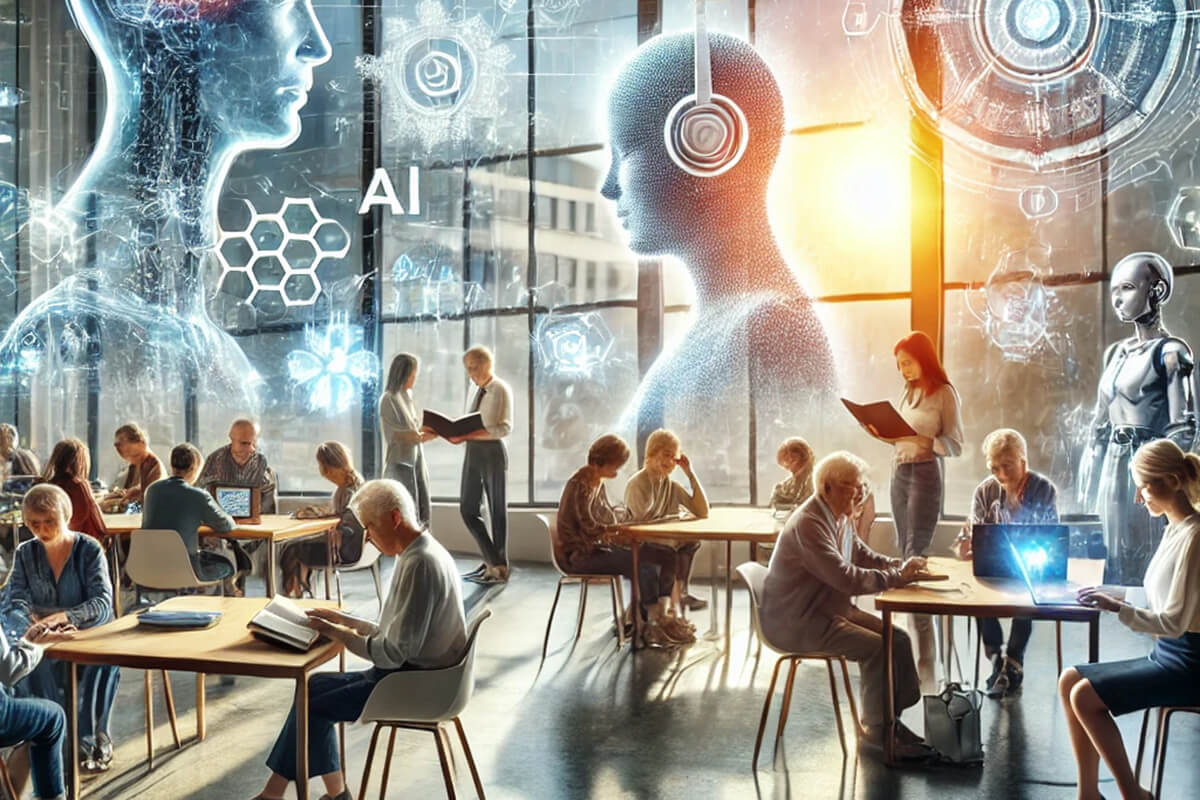
Lifelong Learning in Transition: Opportunities and Challenges of AI
17. January 2025
